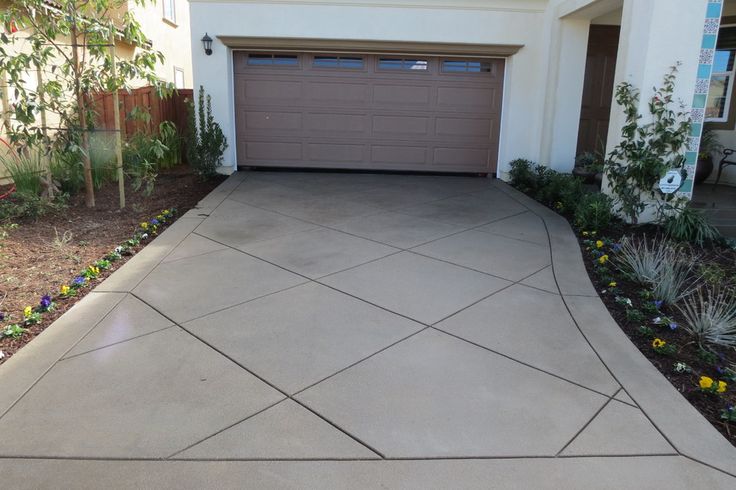Ways That Concrete Handles Tough Weather Conditions In Escondido

- Concrete is naturally water-resistant, which makes it an ideal material for structures in flood-prone areas or places that experience heavy rainfall. When properly cured, concrete forms a rigid mass that water cannot easily penetrate. This means that it can resist the weakening and erosion that other materials might suffer over time due to continuous exposure to moisture. Moreover, with the addition of waterproof sealants, its water resistance can be further enhanced, thus preventing water seepage and protecting the integrity of the structure.
- Concrete possesses the ability to withstand considerable temperature variations without sustaining damage. In climates with extreme temperature swings, such as very hot summers and freezing winters, other materials can crack and weaken as they expand and contract. Concrete, however, has a relatively low coefficient of thermal expansion. This means that it expands and contracts less than other materials when exposed to temperature changes, reducing the risk of cracking and structural damage.
- The hefty mass of concrete contributes to its stability in high-wind conditions, such as those experienced during hurricanes or tornadoes. Structures built with reinforced concrete walls and foundations have a lower center of gravity and can resist the lateral forces of high winds. The reinforcing steel within the concrete absorbs and distributes these forces, preventing the kind of catastrophic failures seen in less robust construction materials.
- Concrete’s composition makes it inherently fire-resistant. Unlike wood or metal, it does not burn or warp under extreme heat. In the event of a fire, concrete can help prevent the spread of flames and maintain structural integrity longer than many other materials. This fire resistance provides a longer window for evacuation and firefighting efforts, potentially saving lives and reducing property damage.
- Industrial areas and agricultural environments often expose structures to chemicals and other corrosive substances. Concrete can be designed to be resistant to a wide range of chemicals, making it suitable for use in these environments. Special admixtures can be added to the concrete mix to enhance this resistance, ensuring longevity even under aggressive chemical exposure.
FAQs
Can Concrete Withstand Earthquake-Induced Forces?
Yes, when properly designed with steel reinforcement and engineered to seismic standards, concrete structures can absorb and dissipate the energy from earthquakes, preventing collapse and reducing the risk of damage.
How Does Concrete Perform In Coastal Areas Where Saltwater Exposure Is Common?
Concrete can be vulnerable to saltwater, which can lead to corrosion of reinforcing steel and degradation. However, with proper design choices, such as the use of water-resistant sealants and corrosion-resistant reinforcement, concrete structures can perform well even in these challenging environments.
Is It Necessary To Perform Maintenance On Concrete Structures To Ensure Their Resilience To Harsh Weather?
Yes, while concrete is low maintenance, periodic inspections and upkeep such as sealing cracks, applying waterproof coatings, and repairing any damage can prolong the life of a concrete structure and ensure its continued resilience against harsh weather conditions.
Conclusion
Concrete’s versatility and strength under adverse conditions make it a reliable choice for construction in any climate or setting. Whether facing torrential rains, scorching heat, forceful winds, raging fires, or corrosive elements, concrete maintains its integrity, ensuring the safety and longevity of the structures it composes. For more information, contact Concrete Contractor Escondido at (760) 993-3343.